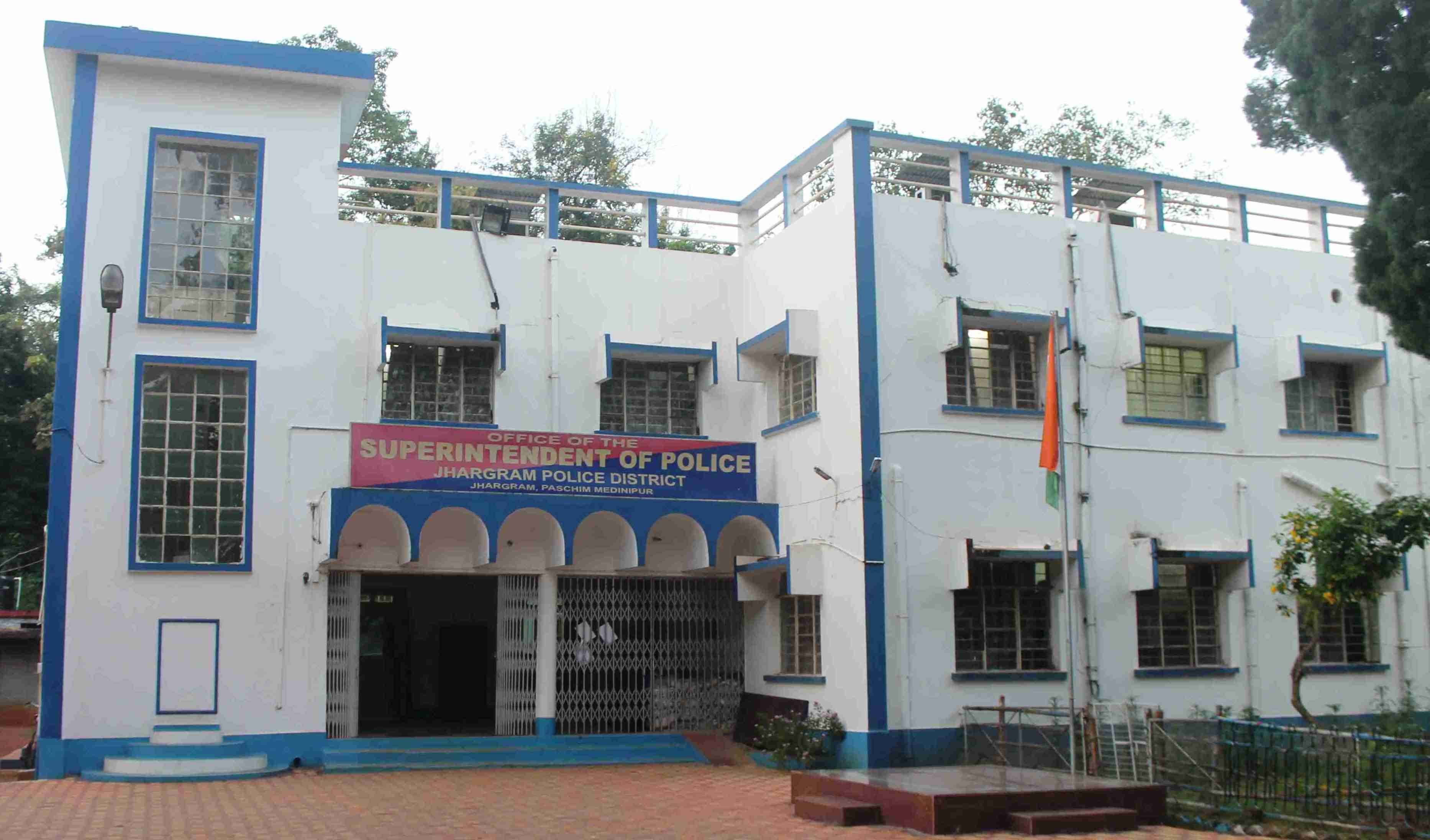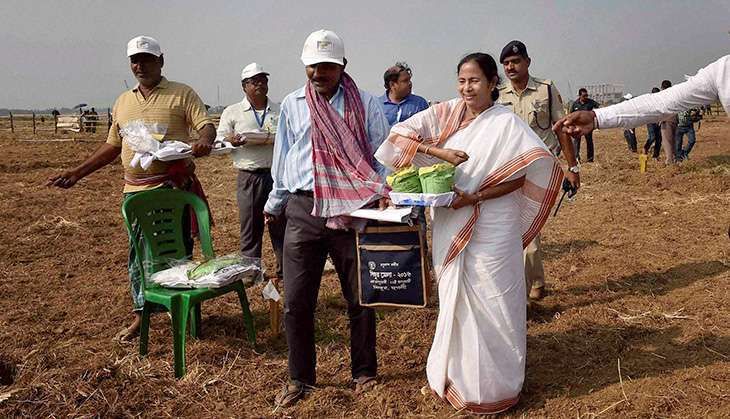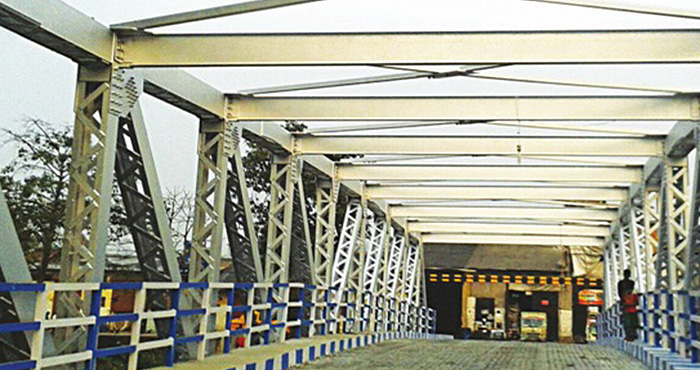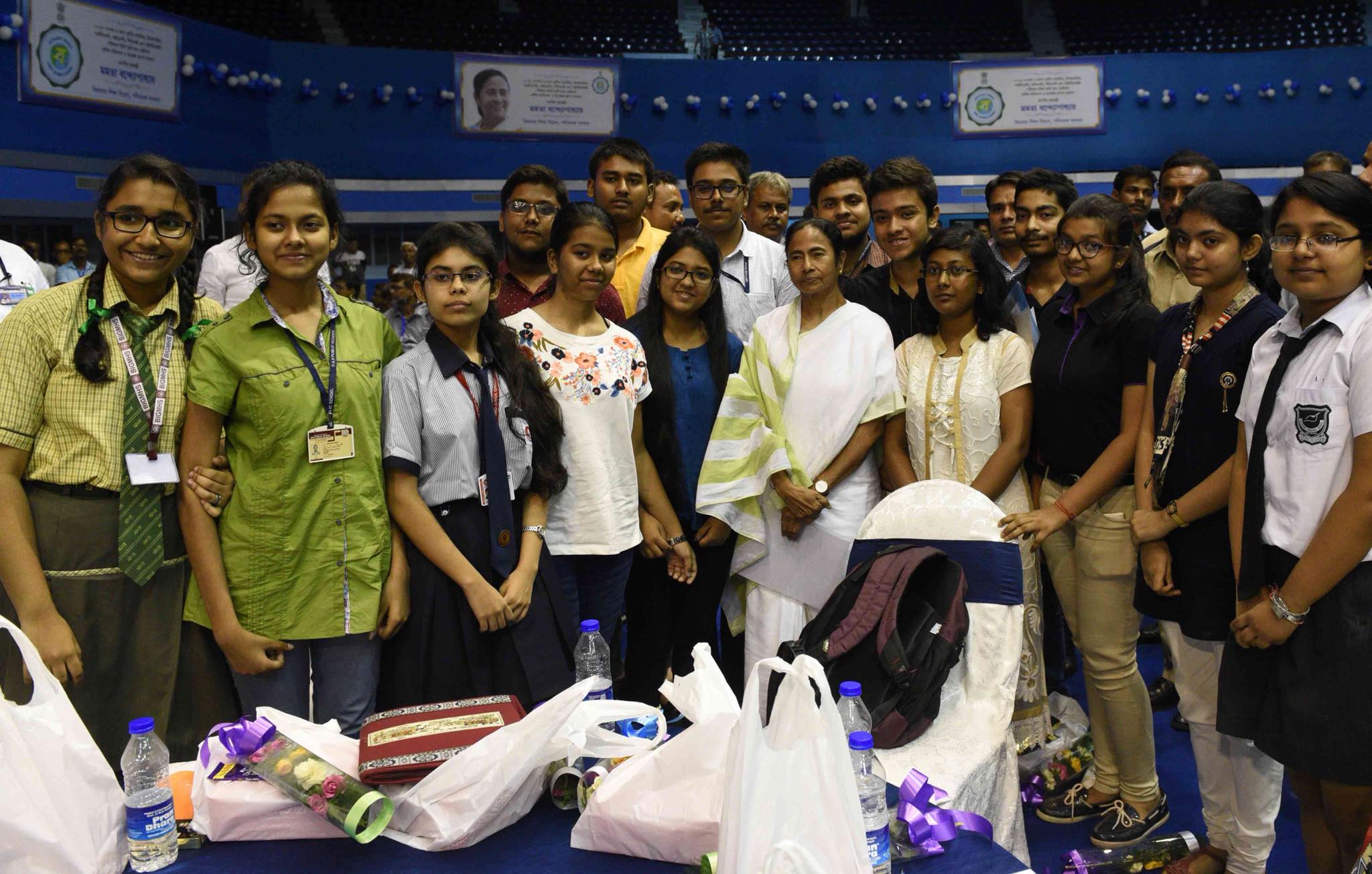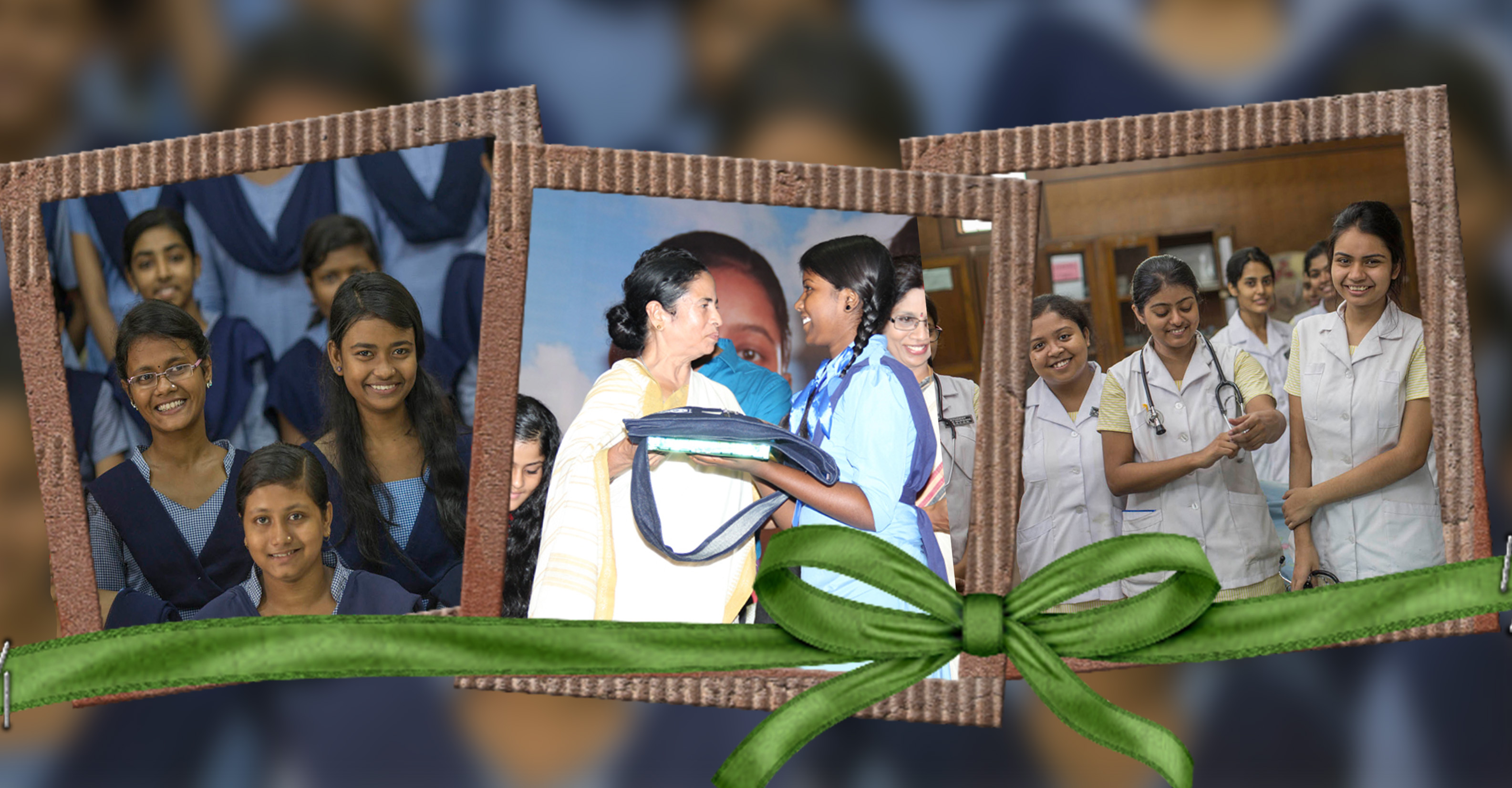Newborn Care Week starts today in India. Since coming to power in 2011, the Trinamool Congress Government has started several schemes for the welfare of newborns and infants. Infant mortality rate has reduced considerably, institutional delivery has reached almost 100 percent.
Let us take a look at the achievements in the sphere of newborns and infant care:
Institutional delivery: Institutional delivery has increased from 65 per cent in financial year (FY) 2010-11 to 96 per cent in 2017-18.
100% vaccination: Vaccination coverage in 2017-18 has reached 94 per cent.
Maternal mortality rate (MMR): Maternal mortality rate down from 145 (for every 1 lakh of population) in 2007-08 to 112, when the national average is 167.
Infant mortality rate (IMR): infant mortality rate has come down from 32 in 2010 to 25, when the national average is 34.
Sick newborn stabilisation units (SNSU): From none in 2011, there are 307 at present.
Sick neonatal care units (SNCU): From six in 2011, there are 68 at present, with an additional 2,217 beds for providing specialised care to newborns. These have helped significantly to reduce neonatal and infant mortality. Two more SNCUs at Contai SDH and Srirampur SSH will be functional by the end of this year.
Among all the States, Bangla has the highest number of sick neonatal care units and beds.
Mother and Child Hubs: Out of 16 Mother & Child Hubs, 7 units with state-of-the-art facilities have become operational.
Comprehensive upgrade of delivery points: A comprehensive upgrade of infrastructure for maternal, newborn and paediatric services has been undertaken at a cost of Rs 132 crore, which includes labour rooms, labour OTs, maternity wards, neonatal wards, paediatric wards and other service support areas at all health facilities, from primary healthcare centres to subdivisional hospitals.
There are 302 labour rooms, 389 OTs, 1,075 toilet blocks and 975 drinking water facilities are being set up as part of this project. In addition, upgrading of 68 hospitals with delivery load of more than 3,000 per annum are being upgraded, out of which 38 have been upgraded and the rest are under progress.
Human Milk Bank: ‘Madhursneha’, the first human milk bank in eastern India has been set up at SSKM Hospital. In 2017, 1,554 newborns admitted in the SNCU/NICU received pasteurised milk from the milk bank.
Sishu Sathi: It provides provide free-of-cost surgery to children (upto the age of 18 years) for treatment of congenital cardiac diseases, cleft lip/palate and club foot. Since inception, more than 13,000 children have benefitted from this programme. As part of this programme, health camps are conducted at government schools.
Nutritional Rehabilitation Centre (NRC): To provide treatment to severely malnourished children and to educate families on nutrition, 51 NRCs have been established in different districts in last seven years.
Matri Yan: The existing Nischay Yan services for pregnant mothers and infants have been supplemented with a 24×7 emergency transportation service through toll-free centralised call centre, whose number is 102, to provide free transport from home to healthcare facility, referral to higher facility and drop back home for every pregnant mother and infant in the State.
It was launched by Chief Minister in December 2017 with the launch of around 1,000 ambulances having basic life support systems besides a driver and an attendant.

